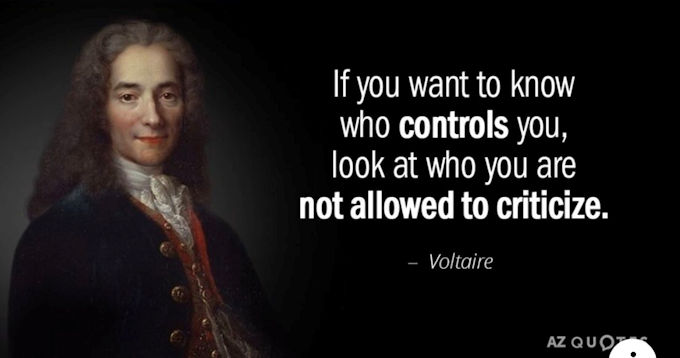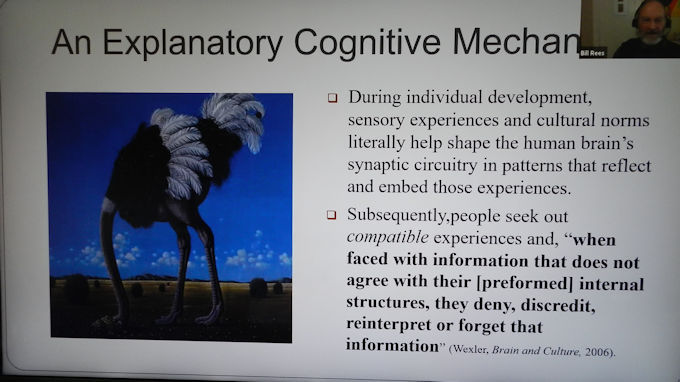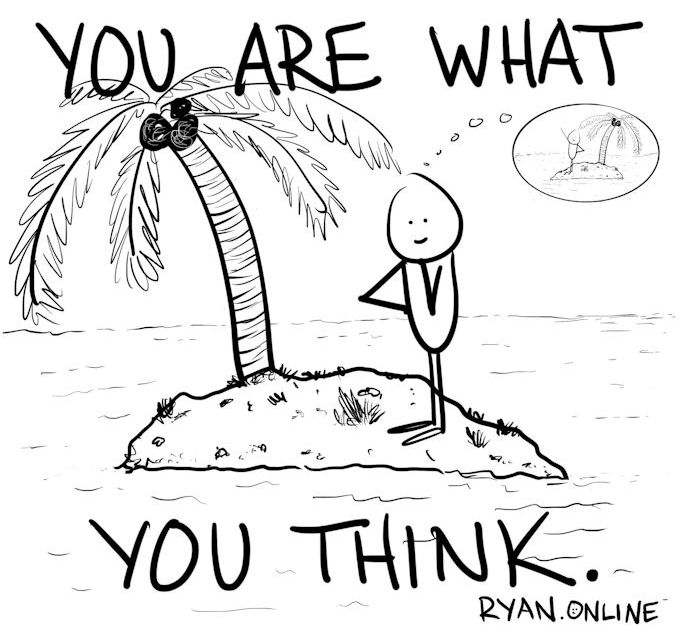
Open Future New Zealand
Recognising Who You Are
This might be the most important page I write. What has your life taught you? What do your read that gives you at tick, tick, tick reaction? Alternatively, what makes you so angry you can't read the text at all? You might have both reactions on this page.
One of the greatest challenges for each of us it to recognise the culture that molded us, and how that makes you and your close network, "us"; distinctive from other families, other districts and other national groups. Every society makes a great effort to shape it's children, to be "like us." If you are part of the majority culture were you live, (like myself) it may be particularly hard to recognise how much you have been shaped by cultural forces.

In his book "The Patterning Instinct" author Jeremy Lent explains that by the time we have learnt to talk we have already absorbed deep cultural understandings about what is good or bad, what to be afraid of, and who is, or is not, important in your world.
You had no control over that. It was essential that you absorbed these patterns, these values, so that you could be a member of your family, and your wider community. So you could eventually be an adult in that community; a citizen, someone who has a place in the society.
The Useful Common
At Open Future New Zealand, we call the network or people and resources you have access to, the "Useful Common". You can enlarge the Useful Common by becoming a participating member and contributing to it.
If you've read much of this web site you'll recognise TWO key ideas.
1) Know yourself: something that looks easy, but in fact is very difficult.
2) Learn from others: you are probably doing that in your local network. The Useful Common allows you to seek knowledge and inspiration from people who are outside your close connections.
At times I've been dismissive of people who claim that colonisation makes their life difficult. (My own cultural blindness.) A young Samoan/Maori woman, raised in Samoa until the age of 12, then in Auckland New Zealand, explained to me the problems of being Samoan, yet also Maori, and then coming to New Zealand and finding the culture mostly based on European values was quite foreign and how she struggled to adapt.
We have to learn the boundaries of the Useful Common. The rules - the do's and don't's. But more importantly who is highly respected and who is not to be trusted.

The community that nurturers us, gives us the tools of community life. But that also inevitably contains some unfortunate learning's, understandings or behaviours. For instance domestic violence exists hidden in many homes. Not only is this hidden for the community, it is also often passed on as appropriate behaviour to the next generation. Families are likely to contain and encourage a strong work ethic, and a respect for education and community service. But the same family might also have very strong political, religious or racial views, that are very problematic in a society that's open, democratic and strongly connected with the world through trade and tourism. People who grow up in a small village community, might be able to get along quite well believing that their family, village, religion or district is superior and best. They may thrive thinking that some "others" are unworthy, or even enemies. But in a modern world, that's unlikely to be helpful, if you want to succeed in the wider community.
Where do you feel accepted?
Are there places you have been, where you felt seriously out of place, uncomfortable. For most people, being on stage is like that. What about going to a ballet class? What about attending a religious service outside your own tradition?
"Jane Elliott explaining why rival groups 'hate' each other."
https://youtu.be/MT5s3MQpeuU (1 minute)
If the video won't play this link should work.
Stanford University psychologist Philip G. Zimbardo writes in his 1979 textbook, Psychology and Life, that Elliott's "remarkable" experiment tried to show "how easily prejudiced attitudes may be formed and how arbitrary and illogical they can be."
Her experiment aroused great resentment, in the students she taught, in their parents and among her professional colleagues.
They assumed that the experiment showed them up, proved that they were not good people, and they deeply resented being exposed in that way. The experiment was misunderstood. It's about the experience of being human, not about being a good or bad person.
Jane Elliott first conducted her famous brown eyed people v blue eyed people experiments, for her class on April 5, 1968, the day after the assassination of Martin Luther King Jr. When her local newspaper published compositions that the children had written about the experience, the reactions (both positive and negative) formed the basis for her career as a public speaker against discrimination.
We are human. We are taught to be loyal to "our group", to join together to protect each other. Surely this is good? Jane Elliott simply showed that loyalty to the group can easily be manipulated by parents, teachers or community leaders who are respected.
If the trusted leader communicates a false message. The group accepts the false message in good faith. Bound by loyalty to the leader, and to each other, the group then behaves in a way that isn't desirable.
Which Groups do you Belong to?

While it's commonly said that "You are what you think," it's more accurate to say that we are firstly what we are taught, we are all indoctrinated. That process is more like soaking-up attitudes and understanding from the way our parents and others around us behave.
We reinforce that understanding by our own thinking and action. We develop habits, repeated behaviours, that in the end influence who we are becoming.
In your lifetime, which voluntary groups have you joined? What hobbies did you become interested in? Who were you friends? What sports and games did you play? What subject did you study? What paid employment did you undertake?
Look at the other people in those groups, that is who you are? Or perhaps who you are becoming? We are strongly influenced by the people we associate with each day. We absorb their language, and styles and behaviours. We are models for each other.